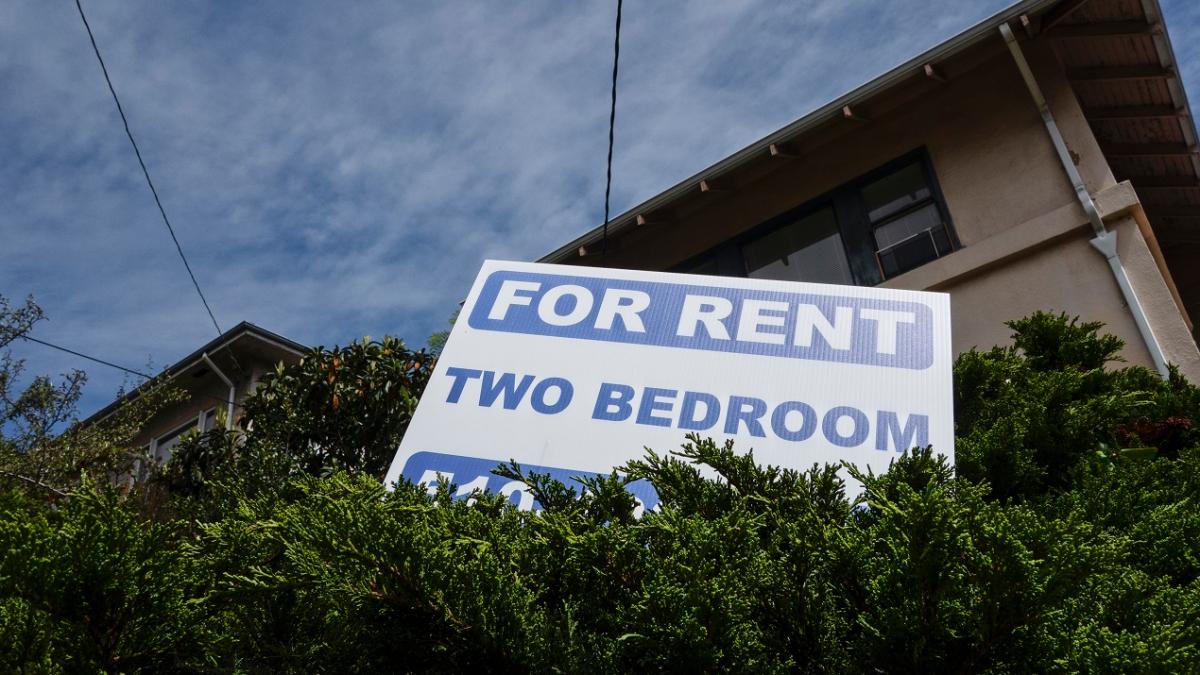
Australian renters can breathe a little easier thanks to a temporary moratorium on evictions during the coronavirus (COVID-19) pandemic, but questions remain over how tenants, landlords, and the banks are meant to cooperate during the public health crisis.
In case you missed it, Prime Minister Scott Morrison last night announced that for six months, landlords will not be permitted to turf out residential and commercial tenants who are facing financial distress.
“My message to tenants, particularly commercial tenants, and commercial landlords, is a very straightforward one,” Morrison said.
“We need you to sit down, talk to each other and work this out.”
Instead of simply kicking renters out for non-payment, landlords have been “encouraged to agree on rent relief or temporary amendments to the lease” and consider “the reduction or waiver of rental payment for a defined period for impacted tenants.”
It was a big move, intended to shield individuals and businesses who have been absolutely clobbered by mandatory industry shutdowns from further pain. Morrison said the moratorium will also ensure landlords actually have tenants when the shutdowns come to an end.
The news could hardly have come any sooner. Tens of thousands of Aussies have suddenly become unemployed as a result of the mandatory shutdowns, and countless more have watched their casual hours evaporate as business dries up.
The turmoil has seen vulnerable tenants enter rent relief negotiations with their landlords, often with mixed results.
One South Melbourne tenant told PEDESTRIAN.TV her “incredibly greedy” landlord asked for a rental increase of $50 a week from April. She successfully negotiated a rental freeze and a new month-to-month arrangement.
Another tenant living in Sydney’s North Shore said she has submitted a request to pay reduced rent for two months after one housemate experienced a serious drop in rostered hours.
A separate Sydney resident said she is pursuing a deal with her landlord after a potential housemate, who was scheduled to move in, lost her job entirely.
Both are yet to hear back from their landlords.
Other punters are sharing their own stories on social media, highlighting how some landlords are coping with the current crisis (not well, as it turns out).
We understand you may be in financial strife. Have you considered asking your employer not to fire you? Look forward to your continuing rent payments. Kind regards pic.twitter.com/ZNYghKXHII
— Emily Olle (@emilyolle) March 29, 2020
The moratorium is “obviously a positive step,” said Leo Patterson Ross, Senior Policy Officer at the NSW Tenants’ Union.
“This is what tens of thousands, hundreds of thousands, if not millions, frankly, of tenants have been calling out for.”
But the plan isn’t fully fleshed out — yet.
While Morrison urged landlords to compromise to keep vulnerable Australians from losing their accommodation and businesses, the Government is yet to release clear guidelines for how the moratorium should actually work.
“Some landlords are coming to the table and saying ‘I understand it’s both morally the right thing to do, but also commercially in my interest to keep you as a tenant,’” Patterson Ross said.
“But unfortunately some are coming back and saying ‘No, pay your rent or I will start eviction proceedings.’ They are playing hardball, and they probably aren’t thinking about it entirely rationally.”
Patterson Ross said the moratorium will require a “mind-shift” from landlords.
“Unfortunately, the rental sector in Australia is very much weighted towards landlords’ interests, and they’ve gotten used to that,” Patterson Ross said.
Next month’s rent isn’t the only concern, either.
There are real fears that tenants who go into arrears may face whopping repayments to their landlords once this is over, plus concerns that renters could incur black marks on their rental history for coming to an agreement in the first place.
So our RE didn’t waste much time. This email received this morning.
Note as predicted, a stay of execution with an expectation that tenants will be able to catch up potentially 6 mths rent in one hit. And reinforcing that the landlord is their interest, not tenant well being. pic.twitter.com/oBf3CrWKuL
— Paul 😷💉💉🌲 (@paulj_oak) March 30, 2020
There’s more, too. While the National Cabinet agreed to let tenants terminate their leases “on the grounds of financial distress,” we don’t yet know if doing so will incur gnarly fees.
Of course, we’re still not sure what mechanisms will be put in place to protect renters after this six month period, if anything is on the way at all.
It’s clear that ironing out those details will be crucial going forward, as every level of the system — that is, tenants, landlords, and the banking system — looks to take a massive hit because of the crisis.
Speaking last night, Morrison said there is “no rule book” for the dire situation we’ve found ourselves in.
Patterson Ross hopes that changes soon.
“I think there are some landlords who will [compromise] and that’s great,” he said.
“But I think we’d be very skeptical that it would be a widespread phenomenon without more clear direction from the Government.”



